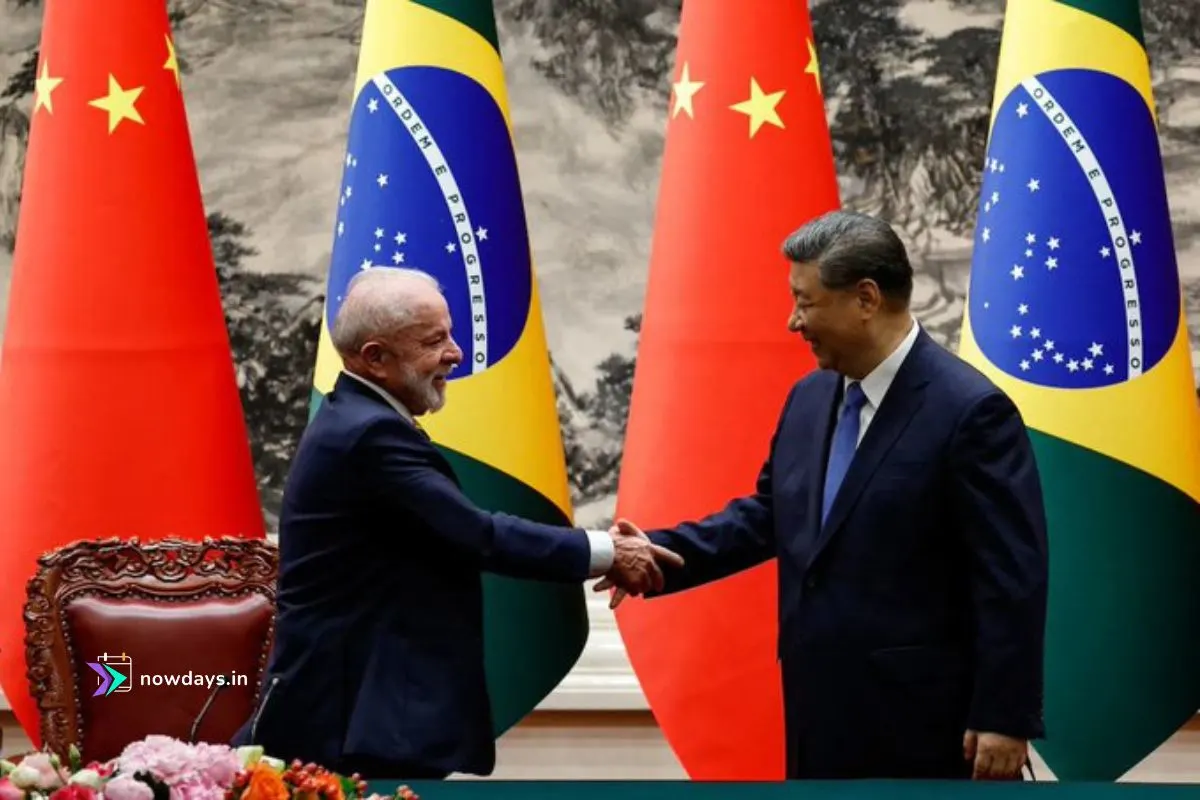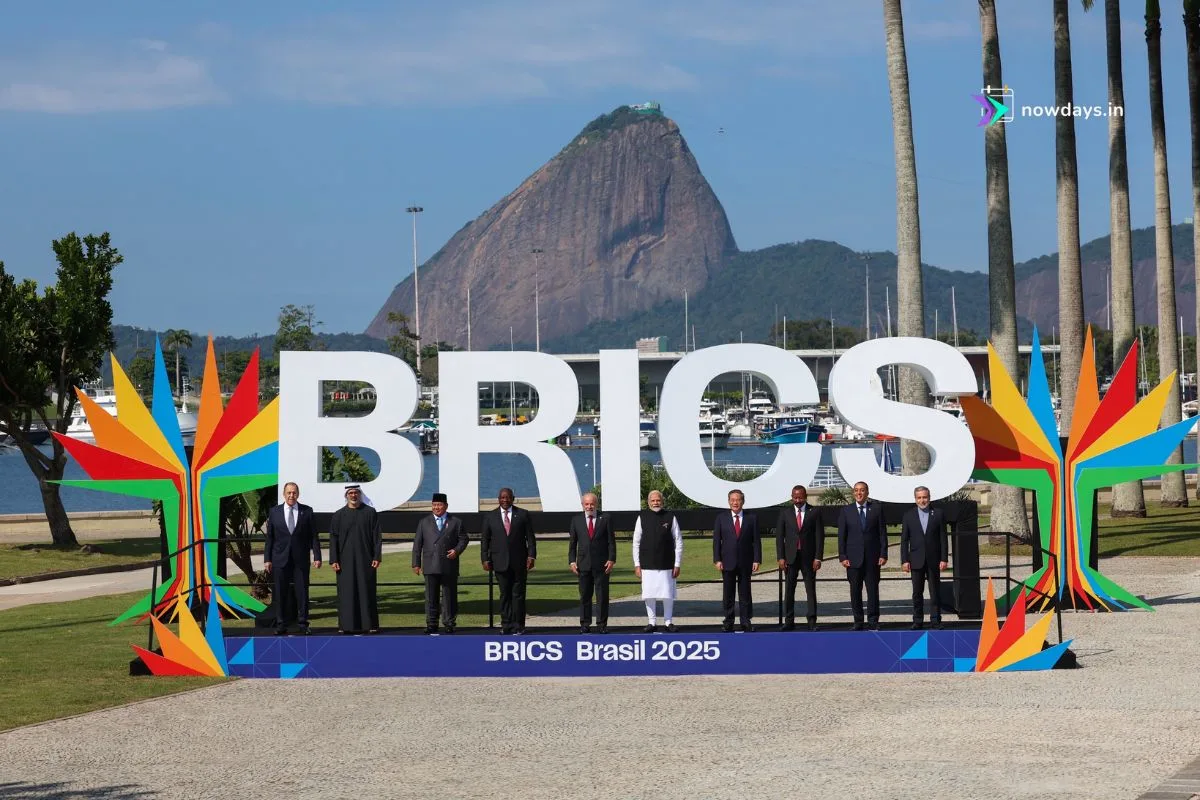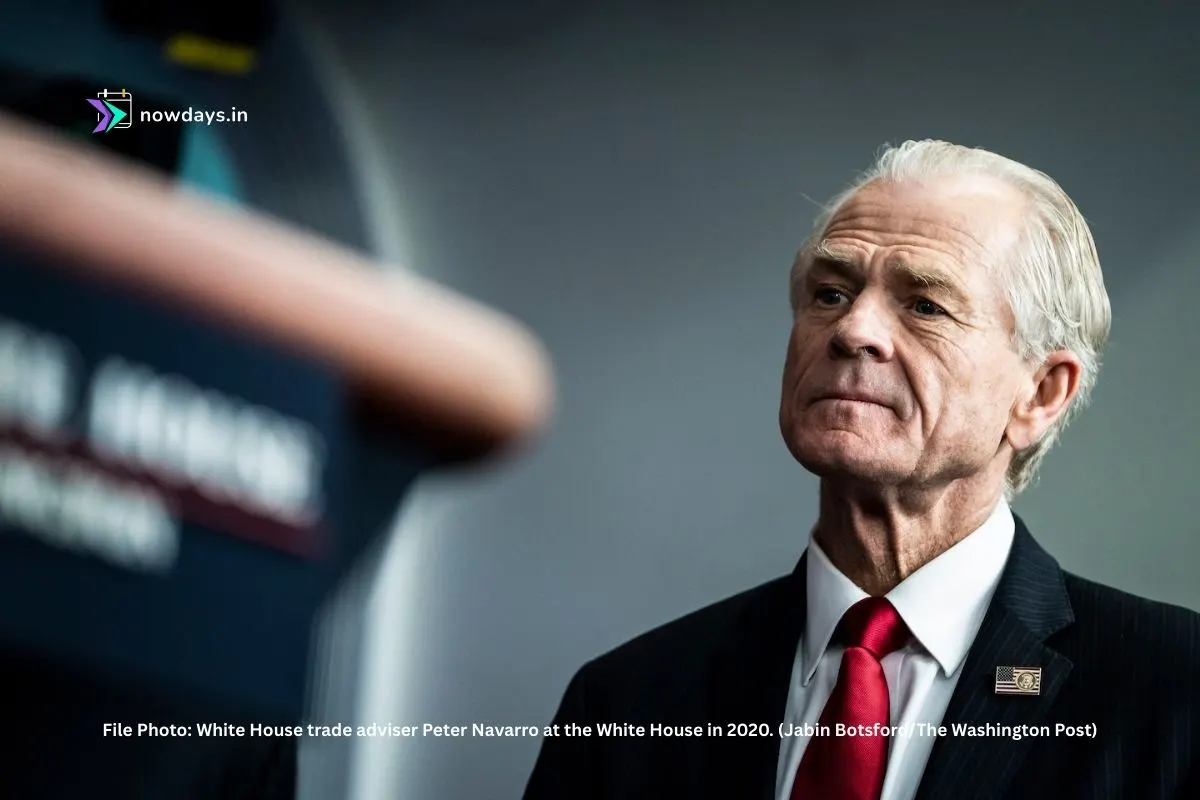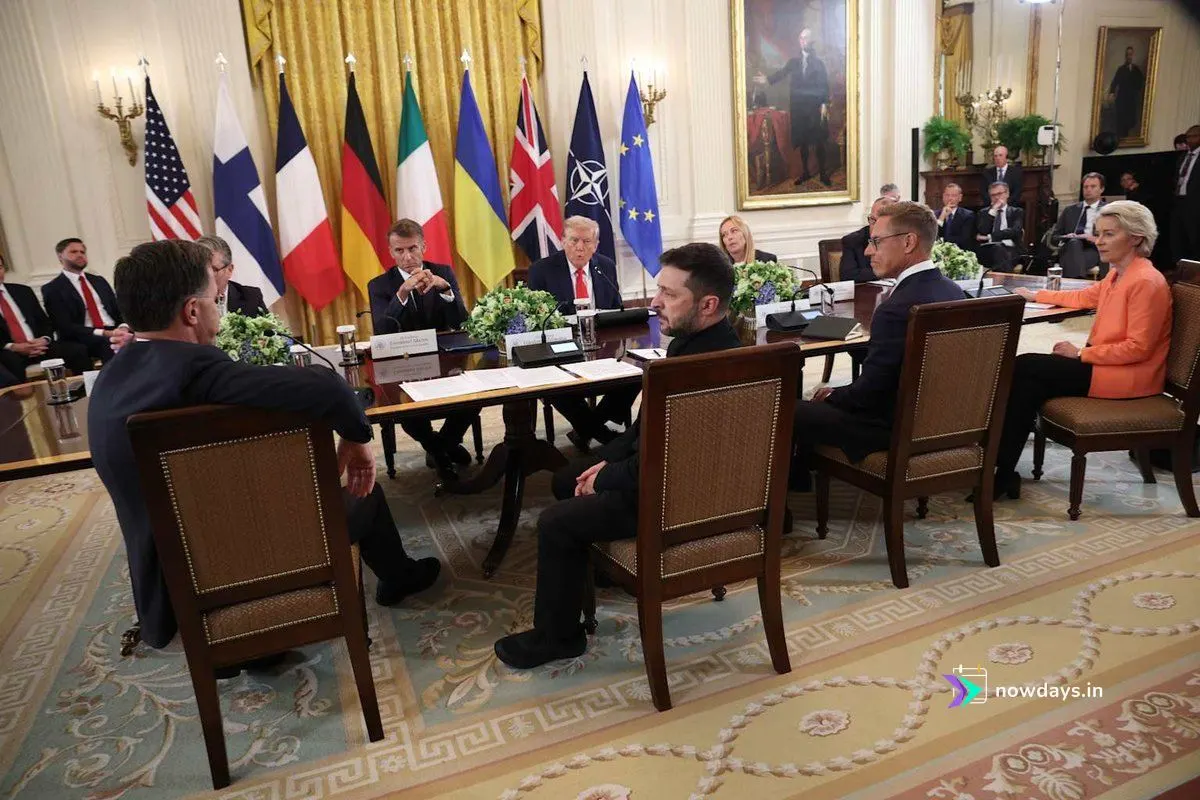Brazilian President Luiz Inácio Lula da Silva and Chinese President Xi Jinping held an hour-long phone call on Monday, deepening coordination between the two largest BRICS economies after the United States imposed punishing 50 percent tariffs on both Brazil and India. The conversation, requested by Lula, signaled a unified response from Global South nations to what they characterized as American economic coercion.
Xi described China-Brazil relations as “at their best in history” and said the two countries should “set an example of unity and self-reliance among major countries in the Global South” while working to “jointly build a more just world and more sustainable planet”. The Chinese president added that “all countries should unite and firmly oppose unilateralism and protectionism” — a thinly veiled reference to Trump’s tariff policies.
BRICS Unity Against Trade Pressure
The call represented the culmination of a week-long diplomatic offensive by Lula to rally BRICS partners against Trump’s trade measures. Last week, Lula spoke with Indian Prime Minister Narendra Modi after both countries were hit with identical 50 percent tariffs — among the highest rates imposed by any US administration. Lula had previously indicated plans to coordinate a response to Trump’s tariffs through the BRICS mechanism, after Trump dubbed the bloc “anti-American” and threatened additional levies.
Both leaders “agreed on the role of the G20 and BRICS in defending multilateralism” and committed to expanding cooperation in health, oil and gas, digital economy, and satellite sectors. China has emerged as Brazil’s largest trading partner, importing $116 billion worth of Brazilian goods in 2024, primarily soybeans, iron ore, and crude oil.
Strategic Timing Amid US-China Pause
The Brazil-China call occurred just hours after Trump extended a 90-day pause on tariff escalations with China, keeping US duties on Chinese goods at 30 percent rather than the planned 145 percent. The timing highlighted the different treatment Washington accorded to Beijing versus other BRICS members, with Brazil and India facing immediate 50 percent tariffs while China secured another negotiating window until November.
Trump’s tariff offensive has targeted multiple BRICS members, with South Africa facing 30 percent duties and Russia under extensive sanctions. The measures represent Trump’s broader strategy to fracture BRICS unity by forcing individual members into bilateral negotiations with Washington.
Expanding Economic Cooperation
Beyond trade defense, the leaders discussed concrete steps to deepen bilateral ties, including China’s commitment to send a “senior delegation” to the COP30 climate summit Brazil will host in November. The conversation also covered the war in Ukraine, with both countries supporting a political settlement through their “Group of Friends of Peace” initiative.
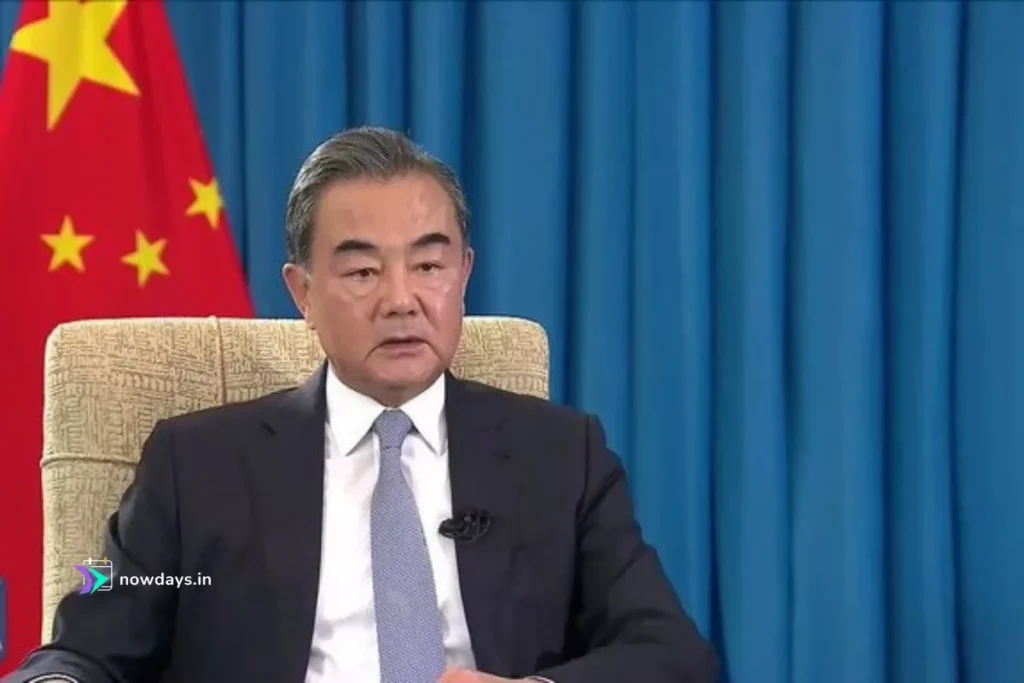
China’s Foreign Minister Wang Yi had earlier expressed Beijing’s support for Brazil in “resisting the bullying imposition of tariff measures,” while Brazil’s presidential adviser told Chinese officials that Trump’s tariffs constituted “a direct threat to global trade norms”. The coordinated messaging reflects a broader BRICS strategy to present themselves as defenders of multilateral trade rules against what they characterize as American unilateralism.
